Orthodontic issues can present in a number of ways. Overbites and underbites are common problems experienced by many people. While they sound similar and while both are a type of malocclusion (meaning misaligned or crooked teeth), these are two very different conditions. Overbites and underbites require professional diagnosis and treatment by a qualified orthodontist who can help you correctly align your bite with treatment and care. Read on to learn the difference between overbites and underbites and the problems they can cause for your orthodontic health.
What is an Overbite?
As the name suggests, an overbite occurs when your top front teeth extend beyond your bottom front teeth. This misalignment sometimes leads to the colloquial description of “buck teeth,” causing the front teeth to stick out. Many people have a slight overbite that might escape notice, while more severe cases are hard to ignore.
Overbites are often hereditary and can be caused by genetic traits like jaw shape. Other causes can include excessive nail biting, teeth grinding, thumb-sucking or nonnutritive sucking behaviors occuring beyond the age of three, tongue-thrusting, and pacifier use (especially past the age of three). Whether an overbite is caused by hereditary genetics or behaviors, it’s important to correct the issue as soon as possible.
What Problems Can Occur with an Overbite?
While the most obvious symptom of an overbite is the appearance of the teeth, overbites can have other health implications that require attention. They can cause discomfort while eating, jaw pain, speech challenges, and difficulty fully opening or closing your mouth. Uncorrected overbites can also lead to difficulty breathing, gum disease, temporomandibular disorders (TMD), and tooth decay or cavities.
An overbite might seem like a matter of aesthetics, but uncorrected overbites can cause serious problems throughout your life. It’s important to catch the overbite early and correct it as soon as possible to prevent tooth decay and gum disease.
What is an Underbite?
Like an overbite, an underbite is a type of malocclusion that affects teeth and jaw alignment. Underbites occur when the lower jaw pushes out further than the upper jaw, causing the lower teeth to extend farther than the upper teeth. Minor underbites might not be noticeable without an X-ray and professional opinion, but severe underbites significantly impact a person’s appearance.
Like overbites, many underbites are caused by hereditary genetic features like jaw shape. An underbite can also be caused, however, by an injury, behaviors like thumb-sucking or pacifier use, or even the growth of a tumor. Any of these causes can push your lower jaw forward and cause an underbite. Early detection and treatment are crucial to preventing further health issues.
What Problems Can Occur with an Underbite?
The major difference in underbite and overbite – aside from the position of the teeth and jaws – come in the problems associated with each condition. With an underbite, you can still experience temporomandibular joint disorders (TMD), difficulty breathing, and pain or discomfort in the jaw while eating or chewing. But you can also experience teeth chipping or breaking from their constant contact or from grinding against your other teeth. You may also experience sleep apnea, chronic bad breath (halitosis) from bacterial infections, and heavy snoring or mouth breathing.
What Should I Do if I Suspect an Overbite or Underbite?
Regular dental and orthodontic checkups are crucial to your oral health. Over time, your teeth and jaws can shift and change, so it’s important to regularly visit dentists and orthodontists. At your next regular check-up or at a scheduled appointment, mention any symptoms you’ve noticed to your dentist or orthodontist. They can take X-rays of your teeth and diagnose an overbite or underbite as well as develop a treatment plan to correct the malocclusion.
Healthy Bites and Smiles Are Built at Hodge Orthodontics
There’s a reason Hodge Orthodontics is consistently voted the best orthodontists in the region – our patients appreciate the caring professionalism of our team. We listen to our patients and help them identify any issues that may be causing pain, discomfort, or even embarrassment. If you suspect that you’re dealing with an overbite, underbite, or other orthodontic or oral health issue, call or schedule an appointment today!
